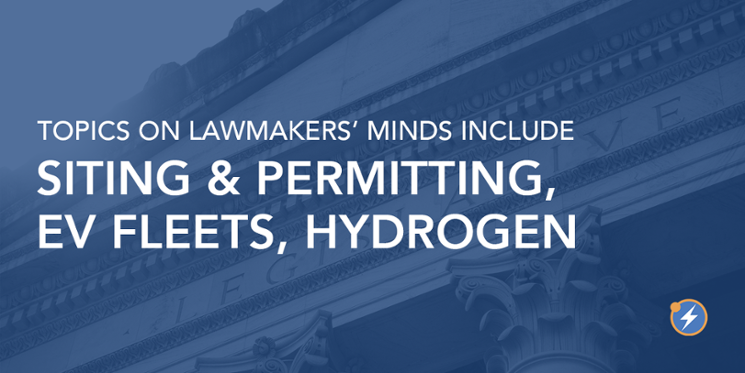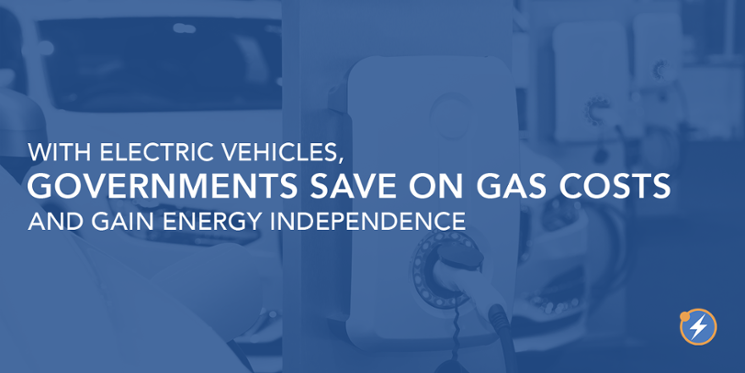
Illinois Legislature Adjourns Without Passing Energy Omnibus—What Comes Next?
Topics: State Policy, Illinois

Illinois has made major progress towards a clean energy future over the last several years, but its journey to clean, affordable heat is just beginning. The state’s landmark energy bill, the 2021 Clean and Equitable Jobs Act (CEJA), was a major victory for decarbonizing the electric grid, though it did not directly address or create new policies aimed at decarbonizing heating systems. On this front, more work is needed to fully achieve 100% clean across the electric and building sectors. The good news is that key regulators, thought leaders, and decision makers in Illinois have already gotten started on grappling with this complex topic.
Topics: Illinois, Building Decarbonization
Illinois Creates Incentive Program for Electric Trucks, School Buses

Last month, Illinois became the first state in the Midwest, and one of the few states outside the coasts, to establish a state-run incentive program for medium- and heavy-duty (MHD) electric vehicles (EV) that are part of a fleet, such as commercial trucks, transit, and school buses. The primary purpose of the legislation is to support fleet owners and operators who wish to go all electric; although MHD EVs show strong market growth, their adoption has been slow in part due to their high up-front cost. EVs represent less than 1% of new MHDV sales currently and incentives for vehicle purchases are proven to help increase EV adoption. Rebates and tax incentives for light-duty vehicle (LDV) EVs have captured a larger share of the LDV market overall, accounting for roughly 10% of new LDV sales. It’s no surprise that most MHD EVs are sold in states offering a purchase incentive program.
Topics: Advanced Transportation, Illinois

Since the start of this year’s legislative sessions, Advanced Energy Economy has been tracking energy legislation across all 50 states, the District of Columbia, and the U.S. Congress through its online PowerSuite platform. PowerSuite provides policy tracking by policy professionals. In the process, we have identified several trends in how states are contemplating the future of their energy, transportation, and building sectors. The bills described in this post, which range from simply introduced to fully signed into law, by no means represent every bill in the country filed this year, but are rather indicative of the attention being devoted to each topic by lawmakers. What follows represents the top 10 state energy legislative issues of 2022.
Topics: State Policy, Advanced Transportation, Virginia, Arizona, Pennsylvania, Indiana, California, Massachusetts, Maine, Nebraska, Tennessee, Maryland, Wyoming, Connecticut, New Jersey, West Virginia, Idaho, Washington, Hawaii, Louisiana, Minnesota, New Hampshire, South Dakota, New York, New Mexico, Florida, Illinois
By Electrifying Government Vehicles, States are Leading by Example

A new trend is emerging as a growing number of governors and state legislatures are taking action to electrify their state-owned motor vehicles. By accelerating their own transition to clean transportation fleets, states are leading by example while saving taxpayer money, lowering maintenance requirements, reducing emissions, and contributing to energy independence.
Topics: State Policy, Advanced Transportation, Virginia, Massachusetts, Maine, Maryland, Connecticut, Rhode Island, Oregon, Washington, Hawaii, New Hampshire, North Carolina, Illinois